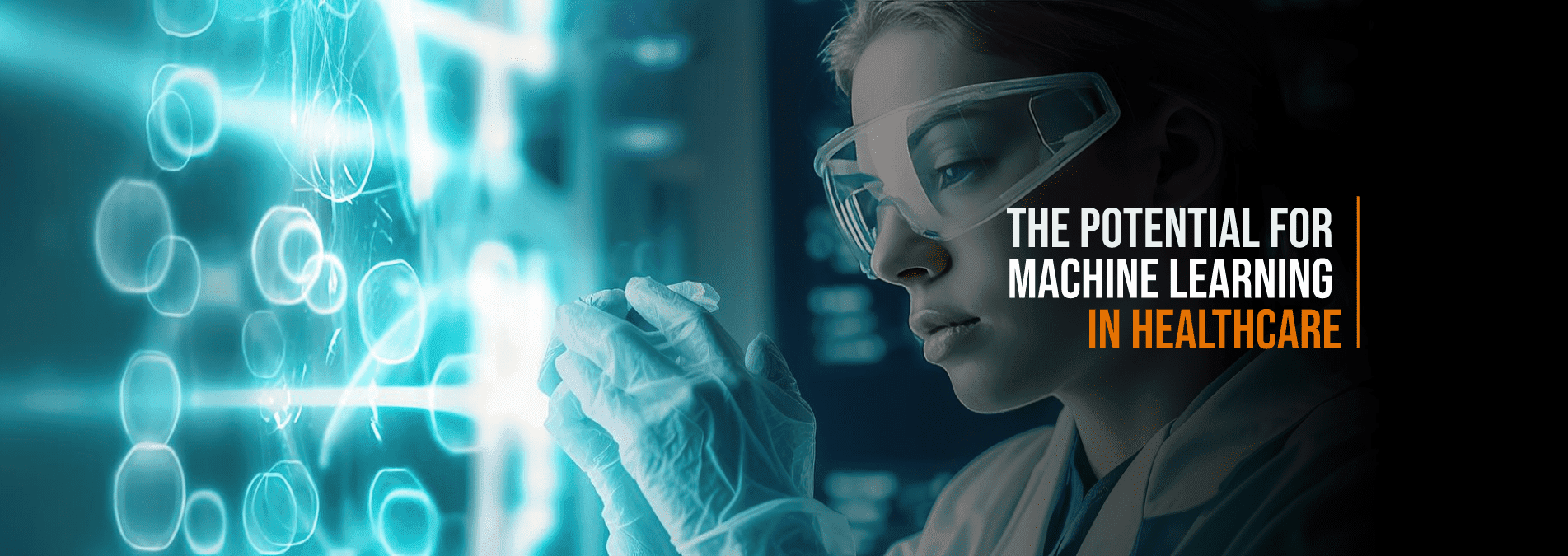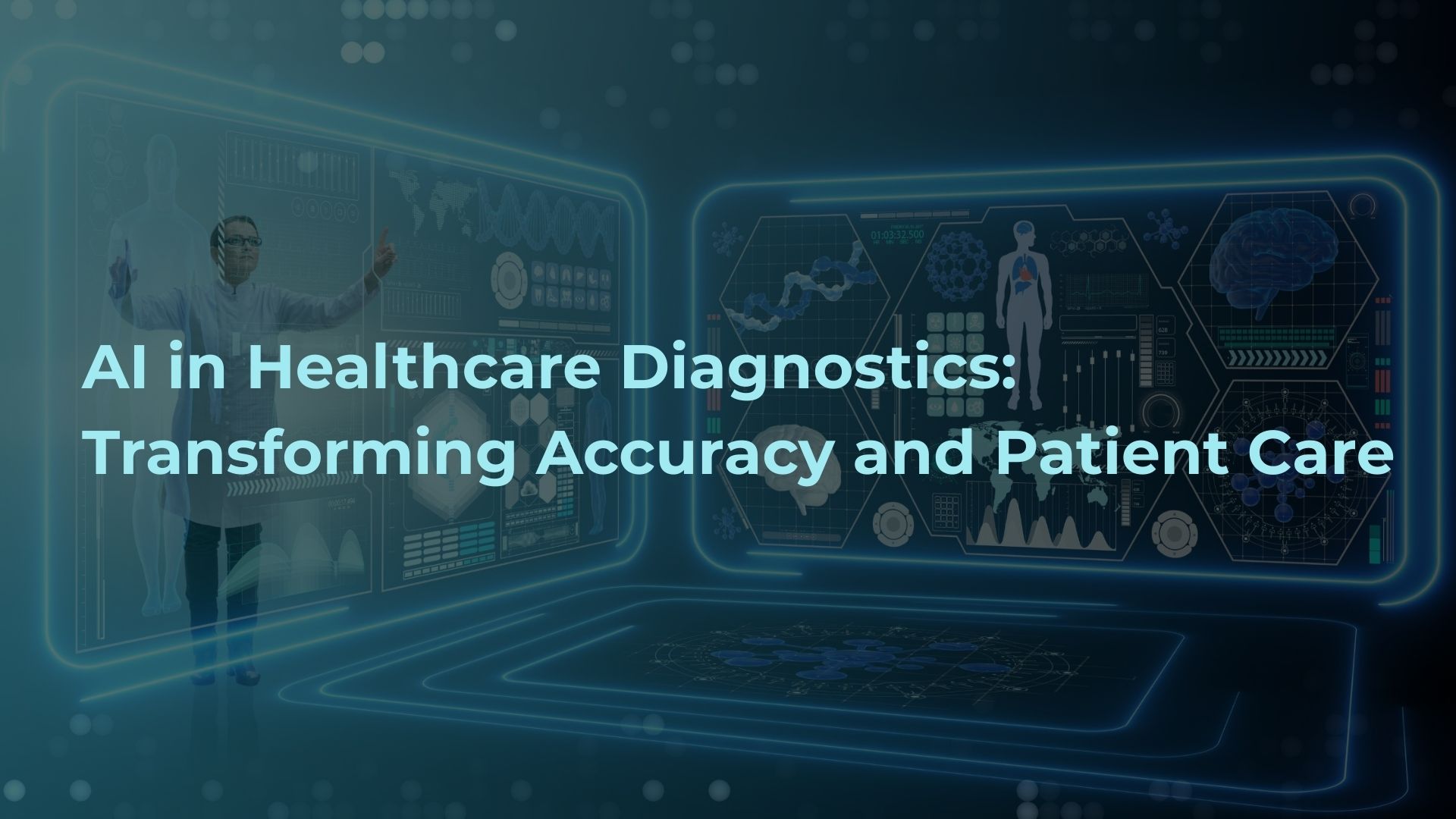Utilizing machine learning in the healthcare industry is an emerging discipline. Experts are utilizing artificial intelligence to transform healthcare and optimize patient care. Machine learning can be used to increase diagnostic accuracy, reduce medical errors, and predict health risks before they occur. This article explores machine learning’s advantages and how it is impacting healthcare.
Machine Learning can Help Identify At-Risk Patients
One of the biggest advantages of using machine learning for healthcare is the ability to identify at-risk patients before their health deteriorates. With the help of advanced machine learning algorithms, healthcare professionals can analyze large volumes of patient data to identify patterns that may indicate a potential health issue.
For instance, machine learning can be used to analyze data from electronic health records, medical imaging, and wearable devices to detect early signs of chronic diseases such as diabetes, hypertension, and heart disease. This can help healthcare professionals intervene early on and provide timely treatment to prevent the condition from progressing.
Moreover, machine learning can also help identify patients who are at a higher risk of developing specific health conditions. This information can be used to prioritize preventive care and early interventions, ultimately improving patient outcomes and reducing healthcare costs.
Overall, the potential of machine learning in healthcare is enormous, and its ability to identify at-risk patients is just one of its many benefits. As the technology continues to advance, we can expect to see more widespread adoption of machine learning in healthcare, leading to improved patient outcomes and more efficient healthcare delivery.
Machine Learning can help Improve Patient Outcomes
One of the biggest advantages of using machine learning in healthcare is the potential for improved patient outcomes. With the help of sophisticated machine learning algorithms, healthcare providers can make better, more informed decisions when it comes to patient care.
For example, machine learning can be used to analyze vast amounts of patient data in order to identify trends and patterns that might be missed by human clinicians. This can help healthcare providers better understand individual patients’ needs and make more accurate diagnoses and treatment plans.
Additionally, machine learning can help healthcare providers monitor patients more closely and detect potential issues before they become serious. For example, machine learning algorithms can be used to analyze data from wearable health devices and other monitoring systems to identify early warning signs of problems like heart disease or diabetes.
All of these factors can contribute to better patient outcomes, including faster recovery times, improved quality of life, and fewer hospital readmissions. Ultimately, the use of machine learning in healthcare has the potential to revolutionize the way we approach patient care and lead to better outcomes for everyone.
Machine Learning can help Reduce Medical Errors
Medical errors can have serious consequences for patients, from unnecessary treatments to misdiagnoses that result in harm or even death. But machine learning algorithms can help prevent these mistakes by analyzing data from electronic medical records, lab reports, and other sources to identify potential problems before they occur.
For example, machine learning algorithms can detect patterns in data that might indicate a patient is at risk for a particular condition or complication. They can also flag potential drug interactions or alert healthcare providers to errors in medication dosages or administration.
In addition to identifying potential problems, machine learning algorithms can also help healthcare providers make more accurate diagnoses by analyzing large datasets of patient information. This can help ensure that patients receive the right treatments and avoid unnecessary or ineffective procedures.
Finally, machine learning can help reduce medical errors by automating repetitive or routine tasks, such as ordering lab tests or filling out prescription forms. This can free up healthcare providers to focus on more complex tasks that require their expertise and judgement, and can help reduce the likelihood of errors caused by fatigue or distraction.
Overall, the potential for machine learning in healthcare is enormous. By helping to identify at-risk patients, improve patient outcomes, make better use of data, and improve population health, machine learning algorithms can help transform the way healthcare is delivered and improve the lives of millions of people around the world.
Machine Learning can Help Make Better Use of Data
With the vast amount of data generated in healthcare, it can be difficult for healthcare professionals to make sense of it all. This is where machine learning comes in. By using machine learning algorithms, healthcare providers can more effectively and efficiently analyze data, allowing them to make better use of it.
Machine learning algorithms can be used to identify patterns and relationships within data sets, which can help healthcare providers to gain insights into patient health, treatment outcomes, and disease trends. This can help them to make more informed decisions about patient care, as well as improve patient outcomes.
In addition to this, machine learning can help to automate certain processes within healthcare, such as medical record keeping and administrative tasks. This can help to reduce the workload of healthcare professionals, allowing them to focus on more important tasks, such as patient care.
Furthermore, machine learning can also be used to improve the accuracy of medical diagnoses. By analyzing data from a patient’s medical history and test results, machine learning algorithms can help healthcare providers to identify potential health issues, allowing them to intervene earlier and prevent more serious health problems from developing.
Overall, the use of machine learning in healthcare can help to make better use of the vast amount of data generated within the healthcare system. By providing insights into patient health, improving the accuracy of diagnoses, and automating certain processes, machine learning has the potential to transform the healthcare industry and improve patient outcomes.
Machine Learning can help Improve Population Health
One of the greatest benefits of machine learning in healthcare is its potential to improve population health. By analyzing large amounts of data from a variety of sources, machine learning algorithms can identify trends and patterns that may be invisible to humans. These insights can be used to inform public health policies, predict disease outbreaks, and develop targeted interventions that can improve the health of entire communities.
For example, machine learning algorithms can analyze data from electronic health records, social media, and other sources to identify populations at risk for specific health conditions. This information can then be used to develop targeted prevention and screening programs, ensuring that resources are allocated to where they will have the greatest impact.
Machine learning can also be used to develop predictive models that can identify individuals who may be at risk for specific diseases. By analyzing data on factors such as lifestyle, medical history, and genetics, machine learning algorithms can identify individuals who may benefit from targeted interventions such as genetic testing or lifestyle coaching.
In addition to improving the health of individual patients, machine learning can also be used to improve population health by reducing healthcare costs. By identifying patients who are at risk for hospital readmission, for example, machine learning algorithms can help healthcare providers develop targeted interventions to prevent these readmissions from occurring. This not only improves patient outcomes, but it can also reduce healthcare costs by preventing unnecessary hospital stays.
Overall, the potential for machine learning in healthcare is immense. By harnessing the power of machine learning algorithms, healthcare providers and public health officials can improve the health of entire populations, reduce healthcare costs, and improve patient outcomes. As technology continues to evolve, it’s likely that we’ll see even more innovative uses of machine learning in the healthcare space in the years to come.
Visit Internet Soft for the latest tech trends and insights around AI, ML, Blockchain, along with NeoBanking and timely updates from industry professionals!
Need assistance or have questions? Reach out us at Sales@internetsoft.com.







